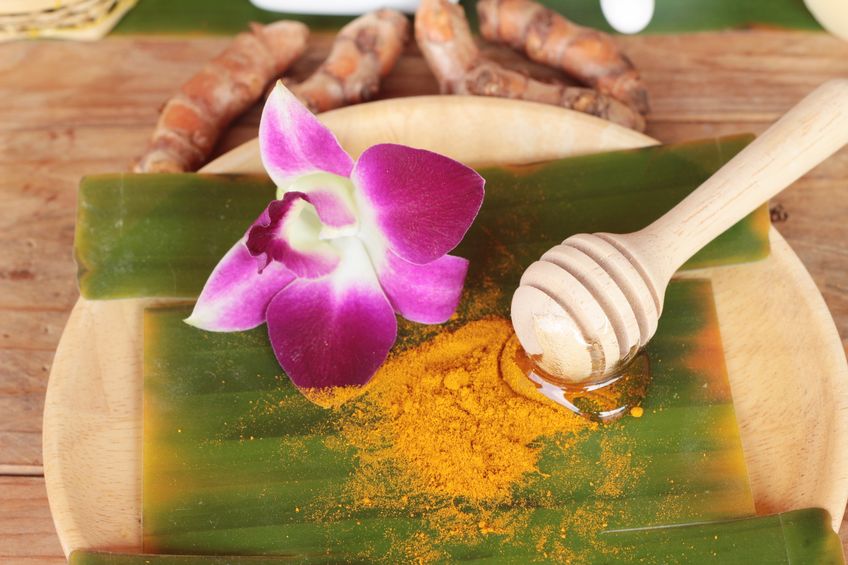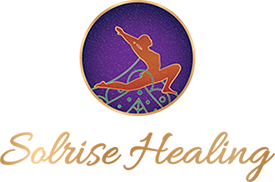Self-Care
 Ayurvedic daily rhythms, or dinacharya, to thrive
Ayurvedic daily rhythms, or dinacharya, to thrive
One of the reasons that I love Ayurveda is because there are an array of self-care habits that you can do on a daily basis to prevent illness and to move from surviving to thriving in your life. I don’t know about you, but I want to thrive not merely survive and feel healthy and empowered in my life. When we’re healthy and empowered, we become a force to be reckoned with and don’t need to rely on other voices of authority like doctors. We become our own voice of authority and health advocate by practicing daily healthy habit routines/ rituals. Daily routines/ rhythms are called dinacharya in Ayurveda. Our habits are a blueprint of our health and can reflect the healthiest version of ourselves if we prioritize that through baby steps everyday. I believe in small self-care steps that create lasting and sustainable changes not drastic changes that create a yo-yo effect that you can’t sustain.
One of my favorite morning self-care routines is to wake up around sunrise, scrape my tongue, drink warm water to kick start my digestion and have a healthy bowel movement. Next, I do a yoga kriya/ sequence that includes meditation, breathing exercises, chanting and yoga asanas/ movements. Afterwards, I take about 5-10 min to write down at least 5 things that I’m grateful for and any other insights that I want to write about to start off my day on a positive note. Lastly, I eat a healthy breakfast that consists of oatmeal, chia or quinoa porridge with a non-dairy milk like coconut or hemp milk or pasteurized eggs with greens. I also have a yummy warm tea.
The morning routine varies depending on how much time I have and can be easily modified. Excluding breakfast my morning routine can take as little as 20 min to as long as 1.5 hrs. My morning self-care routine is so important because it creates a powerful foundation for my whole day. The way we start our day off creates a ripple effect into the rest of our day. If we start it off rushed and full of stress, we can expect the stress to be compounded throughout the day. If we start our day by doing self-nurturing activities that infuse us with energy, joy and ease, then we carry this positive vibration into the rest of our day. A powerful morning routine activates the parasympathetic nervous system, which aids in rest, digest and restore rather than activating the sympathetic nervous system, which is fight, flight and freeze. Consequently, raising blood pressure and cortisol levels.

Turmeric powder with honey ,milk, salt for scrub
Another powerful Ayurvedic self-care habit is called abhyanga or self- massage. The practice of weekly self-massage increases self-love/ connection, tonifies your muscles, tissues, reduces cellulite, improves sleep, stimulates your lymph, increases elastigins of the skin and skin vitality, strengthens your immune system, reduces chances of injury, improves joint flexibility and mobility, reduces stress levels (vata levels), and can enhance self-esteem and confidence. Of course, receiving a massage is wonderful and it’s also powerful to massage yourself as a regular self-nurturing and self love practice that is free and doesn’t take that much time. Our most important relationship is with ourselves and all of our other relationships are a reflection of the relationship that we have with ourselves. You must love yourself in order to receive love from others. Practicing dinacharya, helps us cultivate self- love and we can then source our joy from within and not rely on others to meet our needs.
According to Charaka Samhita in Ayurveda, “The body of one who uses oil massage regularly does not become affected by much, even if subjected by accidental injuries or strenuous work. By using oil massage daily, a person is endowed with pleasant touch, trimmed body parts, and becomes strong, charming and least affected by age.” In the vedic sciences, the left hand is the divine feminine, the right hand is the divine masculine. When you do abhyanga/ self massage you infuse your body with characteristics of both the divine masculine and feminine to return to your divine nature, to overcome duality and experience unity as well as feel powerfully alive.
Feed your skin with sesame oil, which is thick and warming usually great in the winter and for vata or kapha doshas (constitutions that run colder). Coconut oil is usually great for pitta dosha in the summer because it is cooling and or sunflower or almond oil for the rest of the year for pitta dosha (constitutions that have a lot of heat/ fire).
Other Ayurvedic self- care habits include the following:
- Regular exercise, especially yoga, improves circulation, strength, and endurance. It helps one relax and have sound sleep, and improves digestion and elimination.
- Oil Drops in the Ears (Karana purana)
Conditions such as ringing in the ears, excess ear wax, poor hearing, lockjaw, and TMJ, are all due to vata in the ears. Putting 5 drops of warm sesame oil in each ear can help these disorders.
- Nasal Drops (Nasya)
- Putting 3 to 5 drops of warm ghee or oil into each nostril in the morning helps to lubricate the nose, clean the sinuses, and improve voice, vision, and mental clarity. Our nose is the door to the brain, so nose drops nourish prana and bring intelligence.
- For vata: sesame oil, ghee, or vacha (calamus) oil.
- For pitta: brahmi ghee, sunflower or coconut oil.
- For kapha: vacha (calamus root) oil.
Using a neti pot
- A neti pot is a ceramic container that is used as a tool for nasal irrigation. A type of self-care practice used for allergies, postnasal drip, sinus infections, and colds, nasal irrigation involves using a salt water rinse to clear the nasal passages.
Self-Care strategies are embedded in my 12-week Awaken Your Best Self Ayurveda Program.
